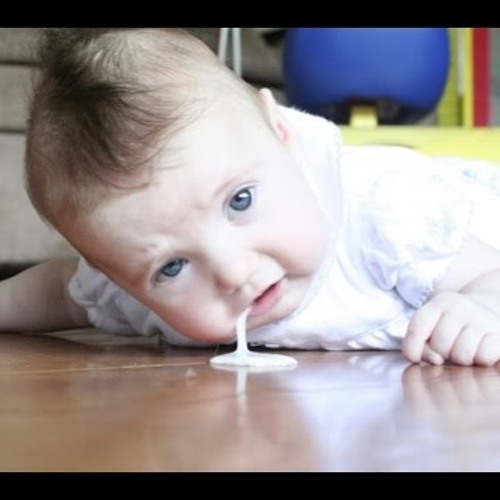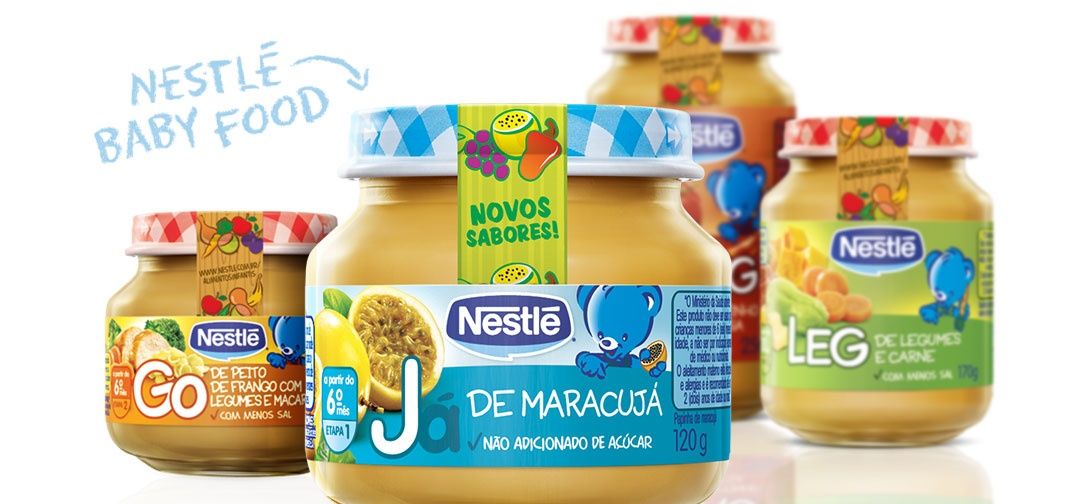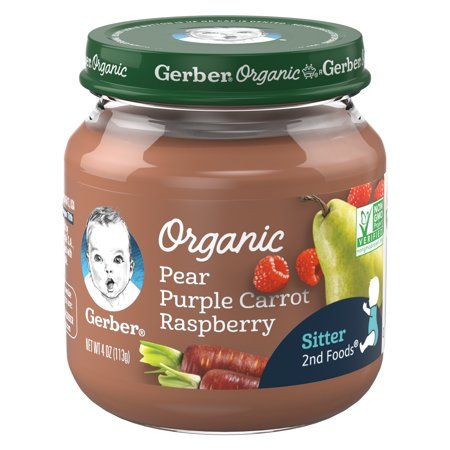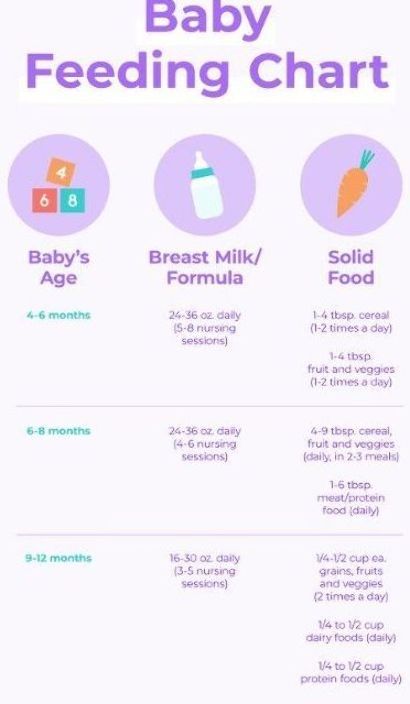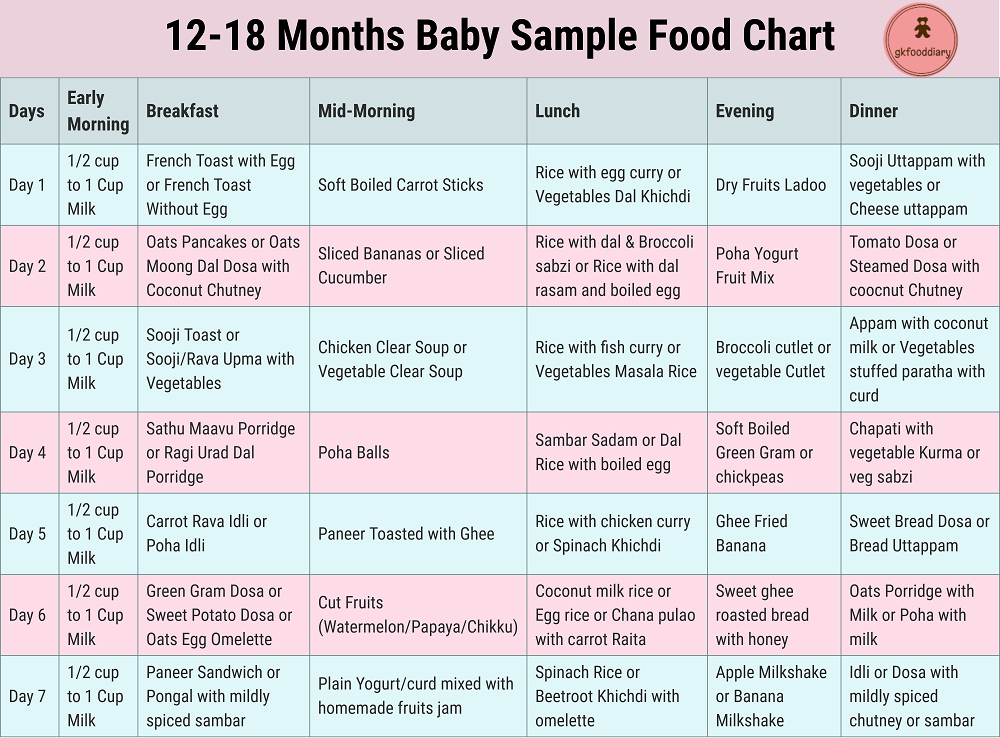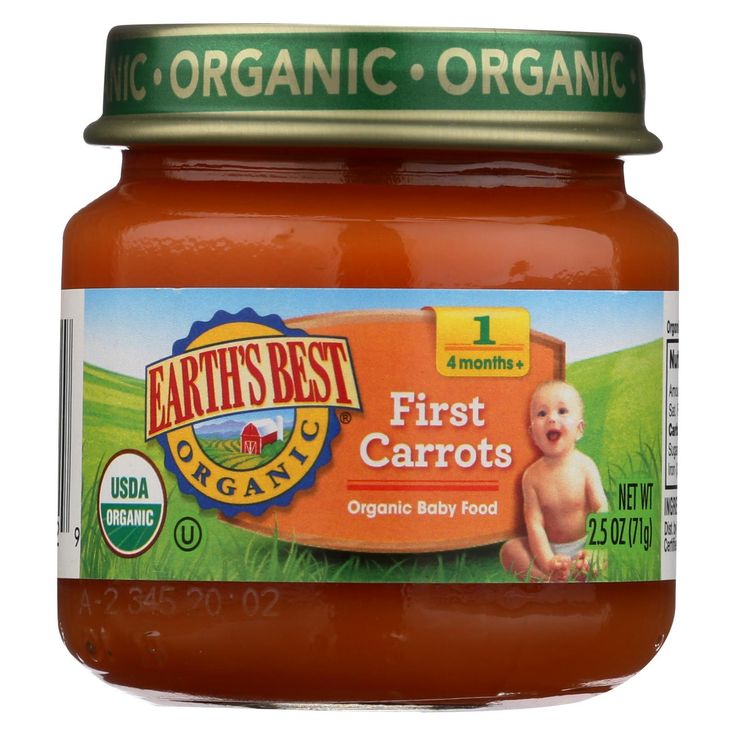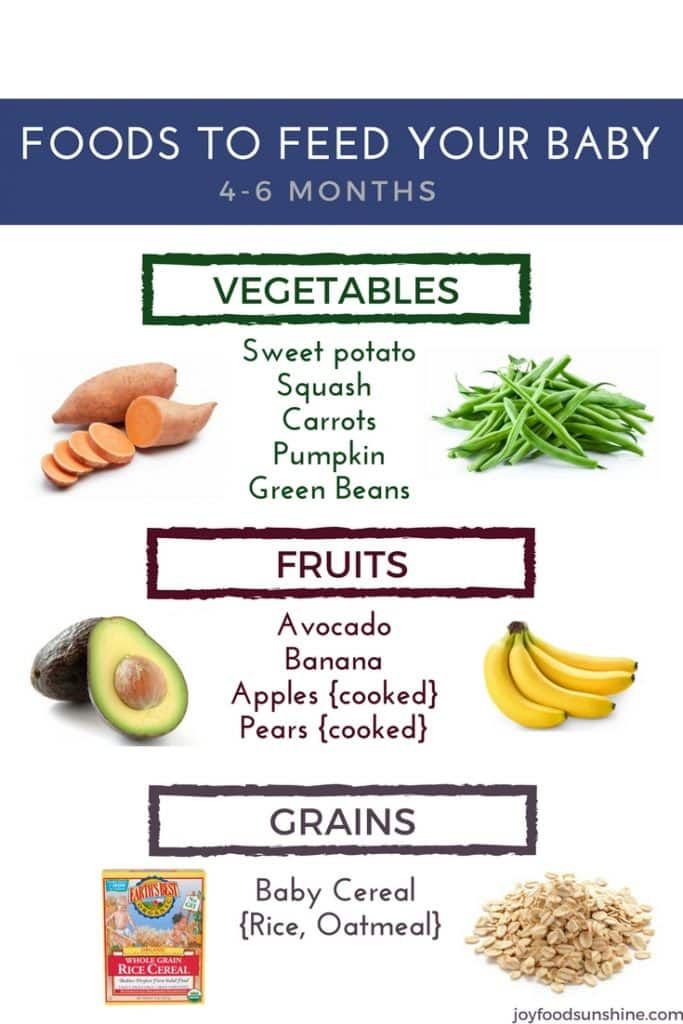Baby vomiting through nose and mouth after feeding
Baby Spit Up Through the Nose (What is Normal?)
As the mother of a newborn or infant, you’ve probably seen your baby spit up more than once. You may have even seen the milk come out of your baby’s nose.
It can be pretty frightening, watching all that milk or formula make a reappearance, especially when it pours through the nose. It can make your little one upset, but rest assured, it’s a regular and natural occurrence.
Babies spit up — a lot. To ease your mind, we’re here to discuss why it happens and how you can reduce the chances of it happening again.
Key Takeaways
- Spit-up in infants is a natural and regular occurrence, when milk comes back up from the baby’s stomach through the mouth or nose.
- Spit-up can happen frequently due to an immature stomach valve, distractions while feeding, swallowing air, or coughing/sneezing.
- Spit-up is less severe than vomiting and can be caused by different factors.
- To reduce the frequency of spit-up, parents can try feeding their baby on time, using smaller hole on the nipple if bottle-fed, creating a quiet and distraction-free environment while feeding, and not overfeeding the baby.
Table of Contents
- Spit-up Through the Nose — Is It Normal?
- Spit-up Versus Vomit
- How Can I Reduce How Often My Baby Spits Up?
- When to Call Your Doctor
- At the End of the Day
Spit-up Through the Nose — Is It Normal?
Reflux in infants is when milk comes back up from a baby’s stomach and out the mouth or nose. It usually isn’t a serious problem, and it can happen in healthy babies several times per day, though it’s less common after 18 months (1).
The natural reflex that pushes the milk back up is something your baby has no control over. The nose and throat are connected (2), and if spit-up happens quickly, it can be projectile and take you by surprise.
Several things may cause your baby to spit up frequently:
- Immature stomach valve: A sphincter muscle connects your baby’s stomach and esophagus. The lower esophageal sphincter muscle is immature in newborns and sometimes allows food to escape into the esophagus (3).

- Distractions: When your baby gets distracted while feeding, their suck-swallow reflex can be disrupted. They may swallow too much milk at once, causing slight choking, sending milk back out the nose.
- Swallowing air: If your baby is really hungry, they might feed in a rushed, gulping manner. This can cause them to ingest air. The air can then return later, bringing the milk with it.
- Coughing or sneezing: Your newborn baby has little control over their body. The simple act of sneezing or coughing can cause milk to come back up the esophagus.
Spit-up Versus Vomit
Spit-up is normal and happens often, but it is less severe than vomiting. Vomiting is the forceful expulsion of the stomach’s contents. Spit-up is an easy flow, like the milk that comes out with a burp.
Many things can trigger the part of the brain that stimulates the vomiting reflex. They include the following:
- The nerves in the stomach or intestine reacting to inflammation or irritation due to an infection or blockage.

- Chemicals in the blood, likely from drugs or poison.
- Motion sickness that is triggered by the middle ear.
Your baby may occasionally vomit due to rotavirus or a mild stomach infection (4). However, this shouldn’t happen regularly. If it doesn’t pass quickly and your child shows signs of illness, we recommend contacting your health care provider.
How Can I Reduce How Often My Baby Spits Up?
Spit-up isn’t a pleasant part of child rearing. It stains clothes and blankets, and you will have to do more laundry than you ever wished to do. Plus, if your baby is on formula, their spit-up will smell awful.
There’s good news, though. Here are a few things you can do to reduce your little one’s chances of frequently spitting up:
While Feeding
- Try to feed your baby on time as much as possible: If your baby is overly hungry, they may gulp and swallow air, increasing the chance for spit-up later on.

- If your baby is bottle-fed, make sure that the hole on the nipple isn’t too large: A larger nipple hole may cause your baby to get too much milk too quickly.
- Feed your baby in a room with minimal distractions: A nice quiet spot will keep your baby focused on eating instead of what is happening around them. This may be the most difficult thing to fix if you have other children to care for.
- Don’t overfeed: If your baby is acting full, even if they’ve eaten less than usual, trust their instincts (5). Don’t force them to eat more than they want or need.
After Feeding
- Burp your baby immediately: You can reduce a lot of spit-up by simply making sure your baby has been properly burped.
- Keep your baby upright for a few minutes: This will allow the milk to flow down into the stomach and not be left in the esophagus.
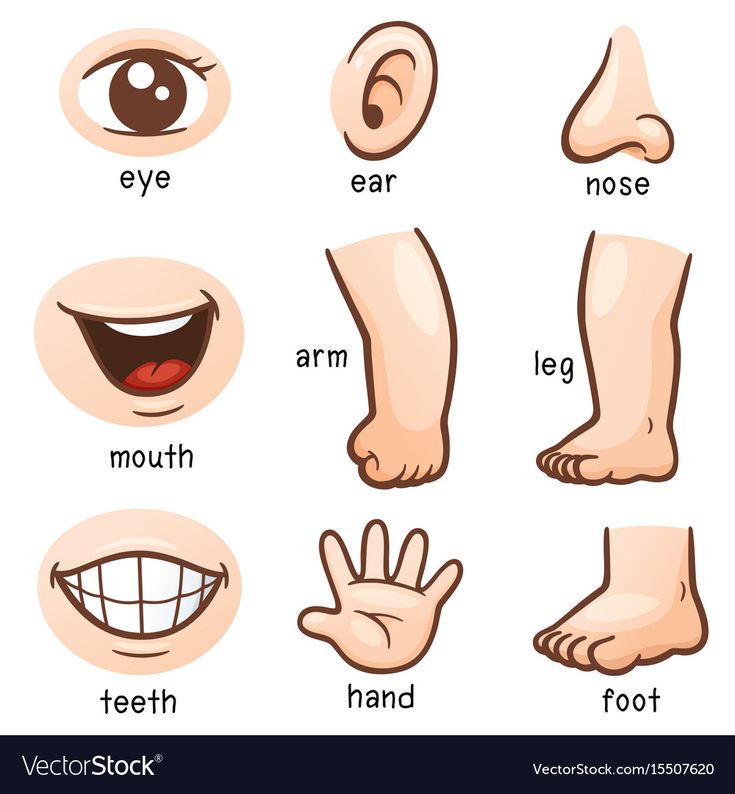
- If your baby falls asleep, lay them on their back: Your baby will automatically swallow or cough out any milk in their throat. Sleeping on the back will help them clear the fluids, should they spit up in their sleep (6).
- Avoid tight clothing: You’ll want to avoid putting pressure on the stomach. This can include fasting the diaper too tight.
When to Call Your Doctor
Spitting up is bothersome in general, and spitting up through the nose, in particular, may freak you out. Try to keep in mind that it’s completely natural. However, there are a few symptoms you may want to discuss with your doctor, should they occur:
- The spit-up doesn’t look like milk, or it’s yellow or green.
- Your baby is spitting up blood.
- Your baby isn’t gaining or is losing weight.
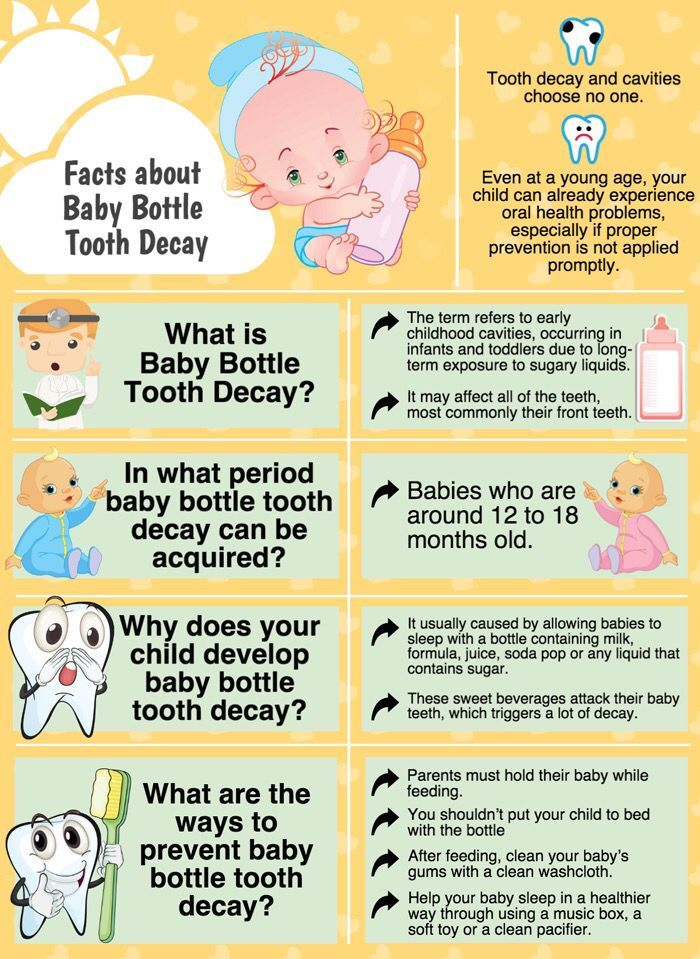
- Your baby’s stools look different, either watery or bloody.
- Your baby is fussy or not happy while eating.
At the End of the Day
Spitting up, even out of the nose, is a normal part of your baby’s development. So, as long as they’re feeding well, gaining weight, and aren’t overly fussy, you have no reason for concern.
Taking precautions like burping, holding your baby upright, and not overfeeding will minimize as much of the spit-up as possible. If you’re concerned, contact your baby’s pediatrician or doctor.
Feedback: Was This Article Helpful?
Thank You For Your Feedback!
Thank You For Your Feedback!
What Did You Like?
What Went Wrong?
Medically Reviewed by
Dr. Pierrette Mimi Poinsett, MD
Dr. Pierrette Mimi Poinsett is a veteran licensed pediatrician with three decades of experience, including 19 years of direct patient clinical care. She currently serves as a medical consultant, where she works with multiple projects and clients in the area of pediatrics, with an emphasis on children and adolescents with special needs.
She currently serves as a medical consultant, where she works with multiple projects and clients in the area of pediatrics, with an emphasis on children and adolescents with special needs.
Subscribe to Our Newsletter
We won't send you spam. Unsubscribe at any time.
Spitting up in babies: How much is normal and when it stops
- Community
- Getting Pregnant
- Pregnancy
- Baby Names
- Baby
- Toddler
- Child
- Health
- Family
- Courses
- Registry Builder
- Baby Products
Advertisement
Wondering why your baby spits up so much and if it's something to worry about? Spitting up is perfectly normal for babies, who are just getting used to feeding. There are some simple things you can do to help curb the amount of spitting up your baby does. If your baby's spitting up a lot, try keeping them more upright during feedings, burping often, feeding a little less at a time, and making sure your bottle nipples and formula are right for your baby. Luckily, most babies stop spitting up around 6 to 7 months old.
Luckily, most babies stop spitting up around 6 to 7 months old.
Photo credit: iStock.com / lostinbids
Why does my baby spit up so much?
Your baby is probably just getting the hang of feeding. Almost half of young babies spit up regularly. The peak age for spitting up – also known as reflux – is 4 months.
When your baby swallows air along with breast milk or formula, the air gets trapped in with the liquid. The air has to come up, and when it does, some of the liquid comes up too, through your baby's mouth or nose.
Babies take in a lot of nourishment in relation to their size, and some of them really like to eat, so sometimes they become overfilled and, well, overflow.
A newborn's digestive system isn't fully developed, either. The muscles at the bottom of your baby's esophagus, which control whether food is coming or going, may still be getting up to speed. It's no wonder your little one creates so much laundry.
If your baby's spitting up a lot
Try these tips to help your baby keep their food down:
- Hold your baby in a fairly upright position when you feed them.
 Feeding them while they're slouched (sitting in a car seat, for example) doesn't give the formula or breast milk a straight path to their tummy.
Feeding them while they're slouched (sitting in a car seat, for example) doesn't give the formula or breast milk a straight path to their tummy. - Keep feedings calm. Minimize noise and other distractions, and try not to let your baby get too hungry before you start a feeding. If your baby's distracted or frantic, they're more likely to swallow air along with breast milk or formula.
- Check the bottle nipple. If your baby's drinking formula or pumped breast milk from a bottle, make sure the hole in the nipple isn't too small, which will frustrate them and make them swallow air. On the other hand, if the hole's too large, your baby will be gagging and gulping because the fluid will come at them too quickly. Read our advice on choosing nipples and bottles.
- Burp your baby often. If your baby takes a natural pause during a feeding, take the opportunity to burp them before giving them more food. That way, if there's any air, it'll come up before even more food is layered on top of it.
 If you don't get a burp within a few minutes, don't worry. Your baby probably doesn't need to burp just then. Burp them after each feeding, too.
If you don't get a burp within a few minutes, don't worry. Your baby probably doesn't need to burp just then. Burp them after each feeding, too. - Keep the pressure off the tummy. Make sure your baby's clothing and diaper aren't too tight, and don't put their tummy over your shoulder when you burp them. Try to avoid car trips right after feedings, because reclining in a car seat can put pressure on your baby's stomach, too.
- Limit activity after feedings. Don't jostle your baby too much after they eat, and try to keep them in an upright position for half an hour or so. This way they'll have gravity on their side.
- Don't overfeed. If your baby seems to spit up quite a bit after every feeding, they may be getting too much to eat. You might try giving them just a bit less formula or breastfeeding them for a slightly shorter time, and see whether they're satisfied. (Your baby may be willing to take less formula or breast milk at a feeding but want to eat more frequently.
 )
) - Check the formula. Ask your pediatrician if your baby might have an intolerance to milk protein or soy protein that's causing them to spit up. The doctor may suggest trying a hydrolyzed (hypoallergenic) formula for a week or two.
When do babies stop spitting up?
Most babies stop spitting up by around 6 or 7 months old, or once they learn to sit up on their own. As their muscles develop and get stronger, babies are able to keep food down more easily. However, some babies continue to spit up until their first birthday.
How can I tell if my baby's spitting up or vomiting?
Compared to spitting up, vomiting is usually more forceful, and vomit comes out in greater quantity. If your baby seems distressed, they're probably vomiting. Spitting up doesn't faze most babies at all.
Spitting up is usually just par for the course, but if your baby isn't gaining weight as they should be, schedule a visit with the doctor. Babies who spit up so much that they don't gain enough weight or have difficulty breathing may have gastroesophageal reflux disease (GERD).
Advertisement | page continues below
Call your doctor immediately if your baby begins projectile vomiting. Projectile vomiting is when the vomit flies out of a baby's mouth forcefully – shooting across the room, for example. This could be a sign of a condition called pyloric stenosis, in which the muscles at the bottom of the stomach thicken and prevent the flow of food to the small intestine. This typically happens at about 1 month of age.
Also call your doctor right away if you see blood or green bile in your baby's vomit. This could be a sign of a blockage in their intestines, which would require a visit to the emergency room, a scan, and possibly emergency surgery.
Is it normal for spit up to come out of my baby's nose?
Yes, just like your own nose, your baby's nose is connected to the back of their throat. So spit up will sometimes come out of their nose instead of their mouth. This is more likely to happen if your baby's mouth is closed or their head is tilted in a certain way (allowing the spit up to take the path of least resistance).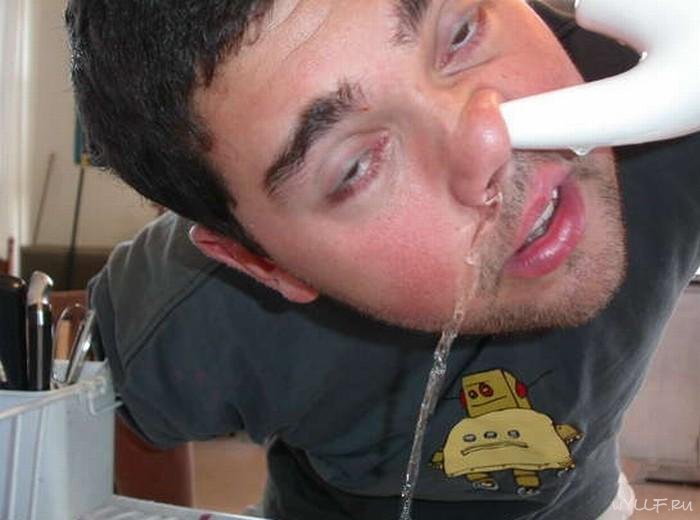
Spit up can also come out of your baby's nose if their swallowing process gets a little off-kilter when they hiccup, cough, or sneeze. It even happens to older children – picture kids at the dinner table when they start laughing while trying to swallow milk. If milk comes out their nose, it's the same situation – and perfectly normal.
Learn more
- Will certain foods make my baby gassy if I'm breastfeeding?
- Are there foods I should avoid when I'm breastfeeding?
- 5 things you didn't know about formula feeding
Was this article helpful?
Yes
No
Dana Dubinsky
Dana Dubinsky is a health and science editor.
Advertisement
Spitting up and vomiting in infants
Spitting up and vomiting in babies is a common reason for visiting a doctor.
Regurgitation and vomiting is a reflex action that occurs when receptors located in various anatomical zones are irritated, incl. in the stomach, esophagus, pharynx, oral cavity. The signal is transmitted to the vomiting center, which is located in the medulla oblongata and a gag reflex occurs.
The signal is transmitted to the vomiting center, which is located in the medulla oblongata and a gag reflex occurs.
What is the difference between regurgitation and vomiting?
The difference lies in the volume and kinetics (movement) of the gastric contents expelled to the outside. When regurgitation occurs, leakage occurs without the participation of the diaphragm and abdominal muscles, i.e. passively. There is little content, up to about 10-15 ml. If the child does not swallow it, it quietly expires from the oral cavity. When vomiting, a wave-like bending of the upper half of the body occurs as a result of contraction of the muscles of the diaphragm and the anterior wall of the abdomen, the volume of vomit is greater, and they are erupted with pressure from the oral cavity with an ejection trajectory of up to 50 cm. In children of the first year of life, this is defined by the term "fountain vomiting" .
Regurgitation is observed only in children of the first year of life and, mainly, up to 6 months. Contribute to this anatomical and physiological features of the esophagus and stomach of the baby. Their esophagus is short and wide, the angle of connection of the esophagus with the stomach is less pronounced, and its obturator function is weak. These regurgitations are physiological. They can be after each feeding, up to 15 ml, do not affect the well-being and weight gain of the baby. They can also be caused by excessive feeding, aerophagia (swallowing air while sucking), straining during intestinal colic. The frequency and volume of such regurgitation decreases with the growth of the child. With the introduction of complementary foods, and this is a thicker food, regurgitation stops or becomes much less frequent.
Contribute to this anatomical and physiological features of the esophagus and stomach of the baby. Their esophagus is short and wide, the angle of connection of the esophagus with the stomach is less pronounced, and its obturator function is weak. These regurgitations are physiological. They can be after each feeding, up to 15 ml, do not affect the well-being and weight gain of the baby. They can also be caused by excessive feeding, aerophagia (swallowing air while sucking), straining during intestinal colic. The frequency and volume of such regurgitation decreases with the growth of the child. With the introduction of complementary foods, and this is a thicker food, regurgitation stops or becomes much less frequent.
If regurgitation persists in a child older than 1 year, then this is a sign of a pathological process.
Vomiting, unlike regurgitation, is accompanied by vegetative symptoms - increased salivation, pallor of the skin, palpitations. This is due to the fact that next to the vomiting center there are additional centers of autonomic regulation, which are reflexively excited, and active biological substances such as serotonin, dopamine, histamine and others are released into the blood.
Regurgitation and vomiting, from the moment of eating, may occur during feeding, after feeding for the first 20-30 minutes or delayed, sometimes after several hours.
Regurgitation and vomiting that occurs immediately after feeding unchanged breast milk or formula may be due to narrowing of the esophagus. If they persist until the next feeding, and the milk / mixture is curdled, has a sour or musty smell, then this is the result of a long standing food in the stomach. The reason for this may be the low tone of the muscle layer of the stomach and, as a result, its peristalsis or narrowing of the output section due to an anomaly in the development or high tone of the sphincter of the lower stomach. With narrowing of the duodenum, bile is present in the regurgitated masses.
Gastroesophageal reflux is a common cause of regurgitation in infants. It is likely that there is a complex problem here, starting with the immaturity of the gastrointestinal tract and disorders of the central nervous system.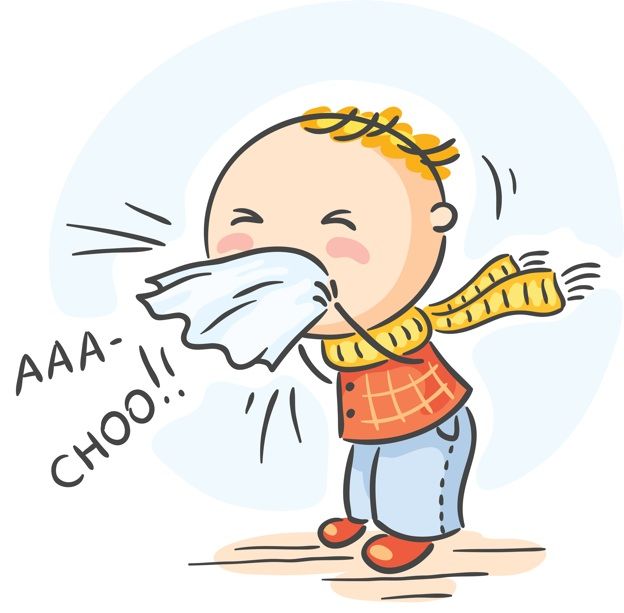 Perinatal injuries of the central nervous system accompany every second child. Their manifestations are varied. Regurgitation and vomiting can be facilitated by an increase in intracranial pressure, disorders in the segment of the cervical spine, and so on. Therefore, quite often, when carrying out rehabilitation measures for neurological dysfunctions, a positive effect is manifested in the form of a decrease or cessation of regurgitation. A hernia of the esophageal opening of the diaphragm will also manifest itself in a similar way.
Perinatal injuries of the central nervous system accompany every second child. Their manifestations are varied. Regurgitation and vomiting can be facilitated by an increase in intracranial pressure, disorders in the segment of the cervical spine, and so on. Therefore, quite often, when carrying out rehabilitation measures for neurological dysfunctions, a positive effect is manifested in the form of a decrease or cessation of regurgitation. A hernia of the esophageal opening of the diaphragm will also manifest itself in a similar way.
We should not forget about allergic gastrointestinal reactions in the form of regurgitation and vomiting. The most common cause of this is cow's milk protein. With intolerance to cow's milk protein, inflammation of the mucous membrane of the esophagus, stomach and intestines occurs. And, as a result of this, regurgitation and vomiting, pain and increased gas formation, diarrhea or constipation.
Rare endocrine disorders (adrenogenital syndrome) are manifested by vomiting in children from the first weeks of life. In such cases, vomiting is frequent, there may be an admixture of bile, the child loses weight due to loss of fluid and nutrients, and severe metabolic disorders develop.
In such cases, vomiting is frequent, there may be an admixture of bile, the child loses weight due to loss of fluid and nutrients, and severe metabolic disorders develop.
Vomiting can also be caused by an intestinal infection. Viral gastroenteritis is now common. It must be remembered that the younger the child, the more severe the disease. Within a few hours, the child's condition can go from satisfactory to extremely serious.
As you can see, the causes of regurgitation and vomiting in children of the first year of life are quite diverse, but most often these are transient conditions that disappear with the growth of the child.
Prevention of regurgitation in children of the first months of life is quite simple. Don't overfeed your baby. If he cries, it does not always mean that he is hungry. Excess feeding leads to increased gas formation and colic, during which the child is worried, straining, thereby increasing the likelihood of spitting up. After feeding, hold the baby more upright so that he can burp the swallowed air.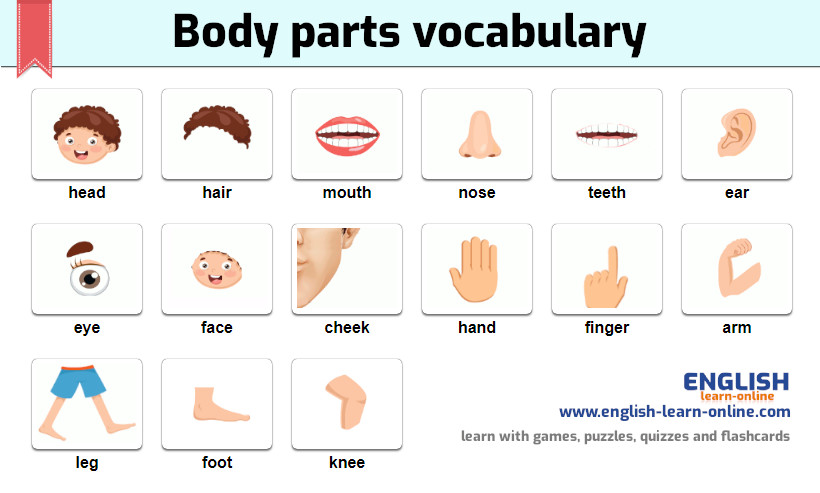 This will take 15-20 minutes. If the child is bottle-fed, do not change his formula milk without the recommendation of a pediatrician.
This will take 15-20 minutes. If the child is bottle-fed, do not change his formula milk without the recommendation of a pediatrician.
If the child has frequent regurgitation and vomiting, it is necessary to consult a pediatrician or gastroenterologist to diagnose the cause. To make a diagnosis, it is sometimes enough to carry out simple and affordable diagnostic methods in a polyclinic. These include an ultrasound of the stomach and, if necessary, stool tests. However, the approach in each case is individual. Examination and treatment will be assigned to your baby, depending on the diagnosis. Perhaps it will be preventive measures or a certain milk formula, perhaps drug therapy. Rarely, but it happens that it is necessary to examine the child in a hospital and surgical treatment.
Regurgitation and vomiting in children. When to see a surgeon
The regurgitation syndrome is one of the most common reasons for parents of small children to visit a pediatrician and a surgeon. The causes of regurgitation in children under 1 year old are different: anatomical and functional features, neurological disorders, infectious processes, malformations or other problems. The mechanism that prevents regurgitation and vomiting in children is very complex and depends on the anatomical structure and physiological processes of the child. The formation of this mechanism occurs in the last trimester of pregnancy and continues in the first months of a child's life. Although regurgitation and vomiting can be a symptom of various diseases, in themselves these processes are physiological, i.e. normal. The pathological reflux of stomach contents into the esophagus is called gastroesophageal reflux, and the mechanism that prevents vomiting is called the antireflux mechanism.
The causes of regurgitation in children under 1 year old are different: anatomical and functional features, neurological disorders, infectious processes, malformations or other problems. The mechanism that prevents regurgitation and vomiting in children is very complex and depends on the anatomical structure and physiological processes of the child. The formation of this mechanism occurs in the last trimester of pregnancy and continues in the first months of a child's life. Although regurgitation and vomiting can be a symptom of various diseases, in themselves these processes are physiological, i.e. normal. The pathological reflux of stomach contents into the esophagus is called gastroesophageal reflux, and the mechanism that prevents vomiting is called the antireflux mechanism.
Anti-reflux mechanism in children
In children, the nervous regulation of the antireflux mechanism is very complex and easily disturbed under the influence of external and internal factors.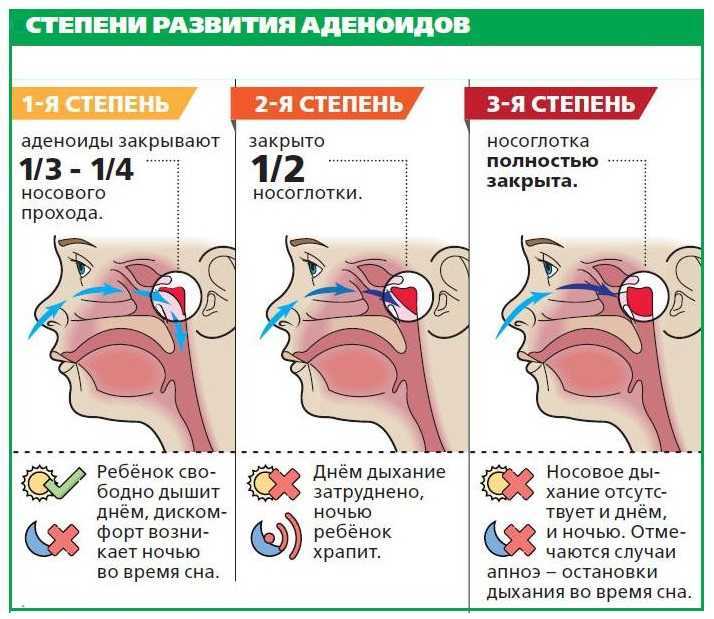 Regurgitation and vomiting easily occur in children with an immature antireflux mechanism, if the mode or volume of feeding is incorrectly selected, as a reaction to artificial mixtures, at the slightest sign of infectious processes. This is especially often observed in children with intrauterine growth retardation and premature babies, as well as in severe pregnancy and toxicosis, caesarean section, complicated childbirth, etc.
Regurgitation and vomiting easily occur in children with an immature antireflux mechanism, if the mode or volume of feeding is incorrectly selected, as a reaction to artificial mixtures, at the slightest sign of infectious processes. This is especially often observed in children with intrauterine growth retardation and premature babies, as well as in severe pregnancy and toxicosis, caesarean section, complicated childbirth, etc.
When to see a doctor
Despite the fact that moderate spitting up in a child under 6 months is considered a variant of the norm, parents should definitely tell the pediatrician about this during a routine examination. The reason for serious concern and immediate examination of the child is an increase in the frequency or increase in the volume of regurgitation, the appearance of streaks of blood or bile impurities, a lag in recruitment or weight loss, and high temperature. In this case, it is urgent to consult a surgeon to rule out surgical causes.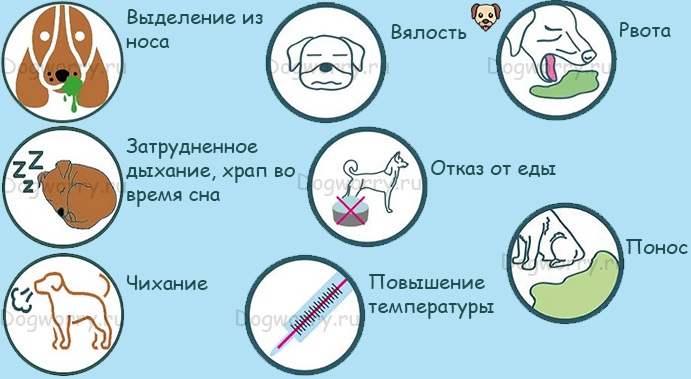
Diagnostics
In most cases, an ultrasound examination (ultrasound) is necessary to establish an accurate diagnosis and select the correct treatment. An experienced doctor of ultrasound diagnostics helps to establish the correct diagnosis in more than half of the cases. Sometimes, for a more accurate diagnosis, a flexible gastroscopy, X-ray examination, or computed tomography of the abdominal organs is performed.
When surgery is required
Pyloric stenosis, or impaired patency of the gastric outlet, is the cause of the most severe regurgitation syndrome (vomiting "fountain") in children under 2 months, accompanied by severe weight loss and progressive deterioration of the child's condition. This disease requires urgent surgical care. In leading clinics, such operations are performed using a minimally invasive laparoscopic method. The current level of development of surgery and pediatric anesthesiology allows the use of endoscopic surgery techniques even in children in the first weeks of life.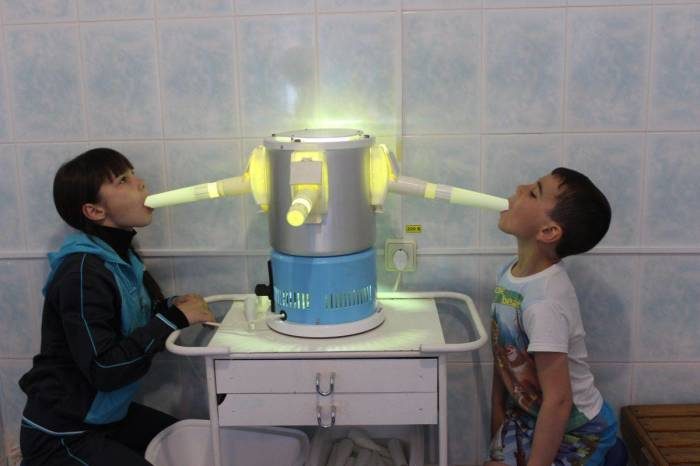
There are also other causes of regurgitation that require surgical intervention, such as hiatal hernia, chalazia (gaping) of the esophagus, and others. These malformations are characterized by a violation of the formation of the antireflux mechanism and lead to constant regurgitation in a child, impaired weight gain, decreased appetite, chronic cough, bronchial asthma, and anemia. If drug therapy is ineffective, then a gastrofundoplication operation is indicated, in which an artificial antireflux valve is surgically formed. Like many other interventions, in modern children's clinics this operation is performed laparoscopically - with less trauma, minimal blood loss, minimal cosmetic defect and a quick recovery of the child after the operation.
Of course, vomiting and regurgitation can be symptoms of many other diseases and occur at any age of the child. Thus, vomiting is often observed in acute appendicitis and intestinal obstruction, it can be a symptom of an intestinal infection, intoxication, etc. In addition to the disease itself, vomiting and profuse regurgitation are dangerous because the child loses a large amount of water and salts necessary for life, which can lead to dehydration - exsicosis. The younger the child, the faster the disruption of compensatory mechanisms and the worsening of his condition. Therefore, the appearance in a child of symptoms of vomiting or severe regurgitation in young children requires immediate medical attention to identify the causes, establish the correct diagnosis and select the optimal treatment, and, if necessary, surgical.
In addition to the disease itself, vomiting and profuse regurgitation are dangerous because the child loses a large amount of water and salts necessary for life, which can lead to dehydration - exsicosis. The younger the child, the faster the disruption of compensatory mechanisms and the worsening of his condition. Therefore, the appearance in a child of symptoms of vomiting or severe regurgitation in young children requires immediate medical attention to identify the causes, establish the correct diagnosis and select the optimal treatment, and, if necessary, surgical.
Experienced pediatricians and surgeons are on duty around the clock at the EMC Children's Clinic, providing emergency and planned care to children of all ages, starting from the first days of life.
If surgical treatment is required, the method of choice in our clinic is minimally invasive endoscopic surgery, which in most cases allows the child to go home on the day of the operation.